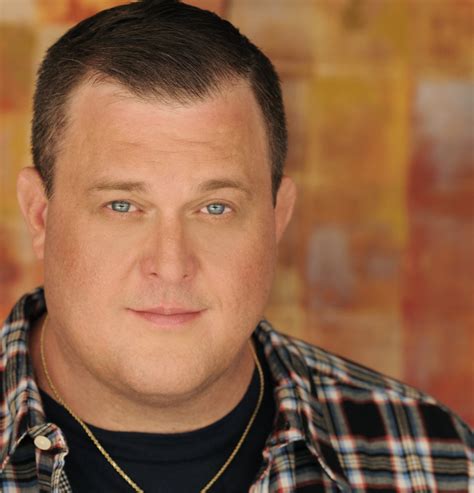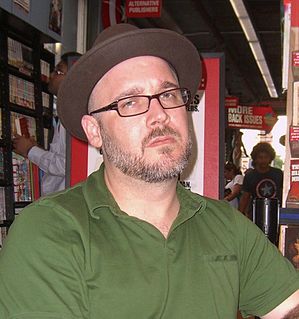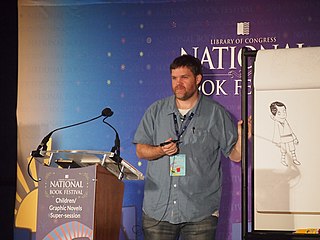A Quote by Ted Alexandro
I don't think comics necessarily think in literary terms. There is an element of developing your stage persona and your comedic voice, but I don't think comics see it like a character in a novel.
Related Quotes
There are a lot of good comics, no doubt, but as far as the quality of the comics goes, I think what you have is a bunch of situational comics - there are black comics that work only black crowds, gay comics that do only gay crowds, and southern comics that only work down South, and so on with Asian, Latino, Indian, midgets, etc. The previous generation's comics were better because they had to make everybody laugh.
And then as I got older, see, I think a lot of times with comics, your life kind of permeates your act. Whatever is happening in your life is what's going on on stage. So if you're angry in your life, then that's going to be on stage. If you're looking for the guy that's just going to make you laugh for an hour and forget about, that's me.
In early comics, you see the amazing awkwardness and bizarre reasoning in the storyline, and it's because comics hadn't really been invented yet. There was no format for them to follow. They were just making it up. So I try to incorporate that kind of awkwardness in my comics quite frequently, which is odd. In some ways, I can't be as awkward as I'd like. But I do think that's one way in which my comics are unusual, because I will try to make the artwork look bad, occasionally.
With comics, you can only really learn what you're doing wrong or what works best when you see your work published. I've been publishing comics since my 20s, and still, when I flip through any of my new comics, I still only see the things that I wish I'd done better. But that's how you learn, by seeing it.
I think when you look at the diversity of the readership, all the different people who love comics, I want comics to reflect the real world, and I think Marvel does a good job of trying to do that, but I don't think there's ever an end point when it comes to creating diversity and creating stories that people can relate to.
Any platform that you use to tell stories helps you regardless of the medium regardless if they are bedtime stories that you tell your children or comics or film. Specifically what makes comics unique is that they are a storytelling device that forces you to think both visually and economically. Some might say you are limited by your imagination, but that is not true because someone has to draw it.































